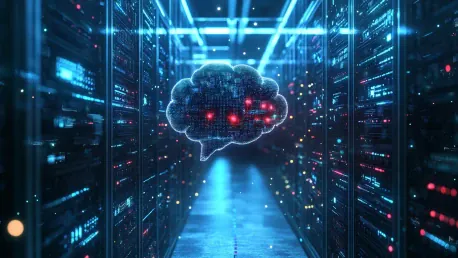
The broadcast industry is on the cusp of a significant transformation, driven by advancements in AI, cloud technologies, and IP-based workflows. By 2025, these innovations are expected to revolutionize content production, personalization, advertising, and operational methodologies. This article

In a significant development for the realm of cloud infrastructure, San Francisco-based startup Together AI has made headlines by successfully raising $305 million in its Series B funding round. This impressive round of financing brings the company's valuation to a substantial $3.3 billion.

Maryanne Baines is an authority on Cloud technology with extensive experience evaluating cloud providers, tech stacks, and product applications across various industries. Today, she shares her insights into the rapidly evolving field of artificial intelligence (AI) and its investment potential. Why

In today's dynamic business landscape, efficient data management and analysis are pivotal for organizations striving to maintain a competitive edge. SAP's recent announcement of the Business Data Cloud at the Business Unleashed event promises to revolutionize how companies harness

As businesses continuously explore more efficient ways to manage and optimize their operations, the emergence of agentic AI systems presents a compelling challenge to the traditional Software as a Service (SaaS) model. Agentic AI, with its promise of transforming workflows, decision-making, and

The data storage industry is navigating a transformative era in 2025, fueled by rapid advancements in technology, strategic partnerships, and shifting customer needs. To remain competitive, companies are increasingly focusing on enhancing AI capabilities, leveraging real-time analytics, improving